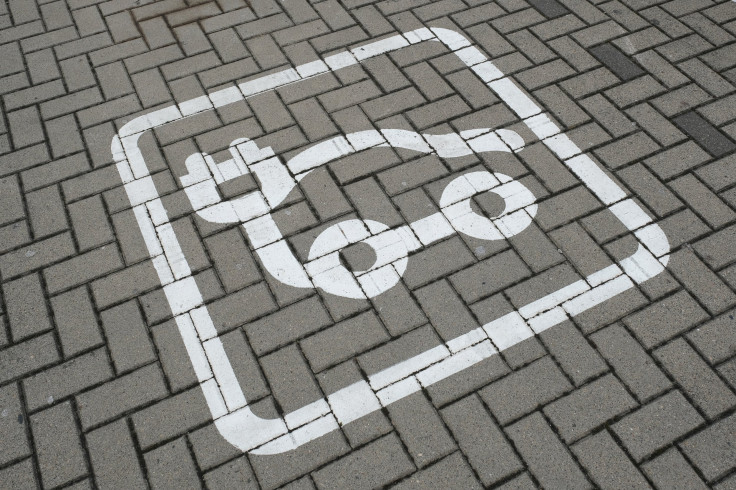The Future Of Electric Cars: One Company's Battery Technology May Have Changed Things Forever

If one English company has its way, traveling in electric cars might soon be a lot brisker.
Based out of Cambridge, battery company Echion Technologies has plans for a new rapid charging technology that will dramatically cut down on charge time for both smartphones and electric cars. According to the Cambridge Independent, the company claims that its forthcoming new tech could slash charge times to as quick as six minutes. Current rapid charge times are roughly 45 minutes.
Should Echion successfully commercialize this technology, it could be a significant boon for the mass adoption of electric cars. Currently, the time it takes to fully recharge a car battery versus the amount of time it takes to fill a gas tank is one of the biggest barriers facing the more eco-friendly energy option.
According to Echion founder Dr. Jean De La Verpilliere, his company’s technology will achieve this feat by replacing the graphite traditionally used in lithium-ion batteries with a new compound. De La Verpilliere would not divulge the makeup of this compound. The problem, he explained, with the current makeup of lithium-ion batteries is that the graphite would explode if fast-charging was attempted.
“The problem with the usual powders is that when you fast-charge them they can cause an explosion,” he said. “With the new material – which I can’t tell you any more about – it will accept fast-charging with no safety hazard, unlike graphite.”
Echion is currently capable of producing one kilogram of its new powders each day. However, De La Verpilliere promises that the company is developing methods that will allow them to be mass-produced in factories.
There are roughly 5.6 million electric cars on the road worldwide.
Joe Biden, a leading contender to win the White House in 2020, introduced plans for the construction of 500,000 new electric car charging stations by 2030.
© Copyright IBTimes 2024. All rights reserved.





















